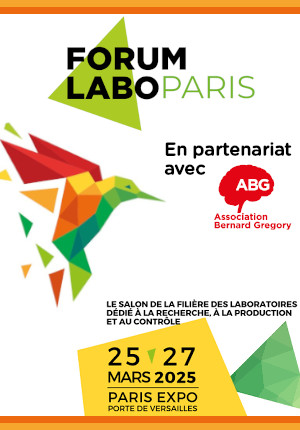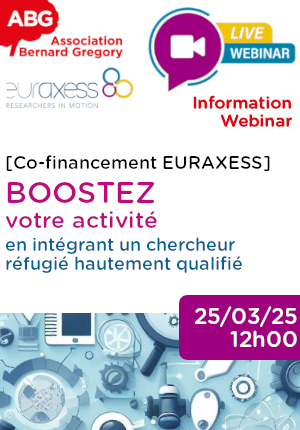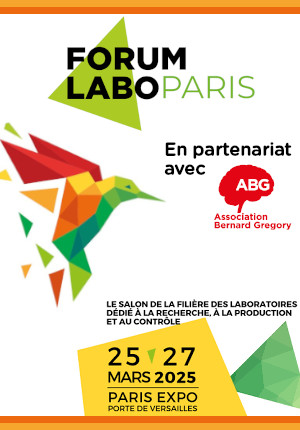Marie Skłodowska-Curie Actions Individual Fellowships: call is now open!
Looking for a research grant to do your postdoc abroad? Discover the Marie Skłodowska-Curie Actions Individual Fellowships. They are a great option if you want to give your career a boost. They offer exciting new learning opportunities and a chance to add some sparkle to your CV.

About the Individual Fellowships
Practical information and deadline
About the Individual Fellowships
Marie Skłodowska-Curie Actions propose Individual Fellowships to researchers who are looking to give their career a boost by working abroad. Hosting organisations can be public research institutes or companies (start-ups, SMEs, large companies).
MSCA offer Individual Fellowships, which consists of two types:
1. European Fellowships:
- are held in the EU or associated countries (e.g. Switzerland, Turkey, Israel...)
- last between one to two years
- are open to researchers moving within Europe, as well as those coming in from other parts of the world
- can restart a research career after a break, such as parental leave
- can help researchers coming back to Europe find a new position
- can also include a secondment period of up to three or six months in another organisation in Europe
2. Global Fellowships:
- fund positions outside Europe for researchers based in the EU or associated countries (e.g. Switzerland, Turkey, Israel...)
- last between two and three years
- the researcher has to come back for one year to an organisation based in the EU or associated countries
- can also include a secondment period of up to three or six months in another organisation in Europe
Who can apply?
This action is for researchers from across the world.
Applicants need a doctoral degree or at least four years’ full-time research experience by the time of the call deadline.
MSCA Fellowships have a specific mobility rule: you cannot have spent more than 12 month in the last three years in the country for which you want to apply for. For example: a researcher living in France and working in Belgium is not eligible for a fellowship in an institution in France or Belgium.
What can be funded?
All research areas can be funded. MSCA Fellows come from a wide variety of disciplines – from physics to linguistics, and from health-sciences to mathematical modelling.
What does the funding cover?
The grant provides an allowance to cover living, travel and family costs. In addition, the EU contributes to the training, networking and research costs of the fellow, as well as to the management and indirect costs of the project. The grant is awarded to the host organisation, usually a university, research centre or a company in Europe.
| Salary | 4 650 €/ month (gross) |
| Mobility allowance | 600 €/ month |
| Family allowance | 500 €/ month |
| Institution costs (for the organisation) | 1 450 €/ month |
How do I Apply?
The following documents have to be provided:
- your research proposal (max. 10 pages)
- your CV (max. 5 pages)
- the operational capacities of your host institutions
The proposal is written jointly with your future host organisation.
As any other EU-funding, your grant proposal will be evaluated according to the following three main factors:
- excellence (50%)
- impact (30%)
- implementation (20%)
Your proposal must explain how your project is going to help you to develop your skills and knowledge and how it will have an impact on your career development. Evaluators pay a specific attention to the outreach activities implemented during your project.
Because your proposal won’t be necessary evaluated by experts from the same specific field than you, explain your project in a way non-experts can understand. Showcase the red thread of your proposal by describing the objectives and how you will meet them; explain what impact your project will have for the society.
Successful applicants evaluate the time for writing the proposal by 2 months.
Practical information and deadline
How to write efficiently your proposal?
Listen to the tips and advice by Jean-Marie Pincemin, National Contact Point MSCA:
What is the successful rate for MSCA Individual Fellowships?
On average, successful applicants have a threshold higher than 91%. The ones who have reached the minimum threshold but are not funded will receive a “Seal of Excellence”.
The success rate for a MSCA-IF is around 13%. If you apply for an IF to be hosted in a company, your success rate is much higher: 36%.
When does the application have to be submitted?
The application has to be submitted at the latest until September 12th, 2018 - 10:45
Get ABG’s monthly newsletters including news, job offers, grants & fellowships and a selection of relevant events…
Discover our members
 ASNR - Autorité de sûreté nucléaire et de radioprotection - Siège
ASNR - Autorité de sûreté nucléaire et de radioprotection - Siège  Groupe AFNOR - Association française de normalisation
Groupe AFNOR - Association française de normalisation  TotalEnergies
TotalEnergies  ONERA - The French Aerospace Lab
ONERA - The French Aerospace Lab  Institut Sup'biotech de Paris
Institut Sup'biotech de Paris  PhDOOC
PhDOOC  MabDesign
MabDesign  CASDEN
CASDEN  Laboratoire National de Métrologie et d'Essais - LNE
Laboratoire National de Métrologie et d'Essais - LNE  SUEZ
SUEZ  Généthon
Généthon  MabDesign
MabDesign  Ifremer
Ifremer  ADEME
ADEME  ANRT
ANRT  Tecknowmetrix
Tecknowmetrix  CESI
CESI  Nokia Bell Labs France
Nokia Bell Labs France  Aérocentre, Pôle d'excellence régional
Aérocentre, Pôle d'excellence régional
-
JobPermanentRef. ABG128969Institut Polytechnique des Sciences Avancées - IPSAToulouse - Occitanie - France
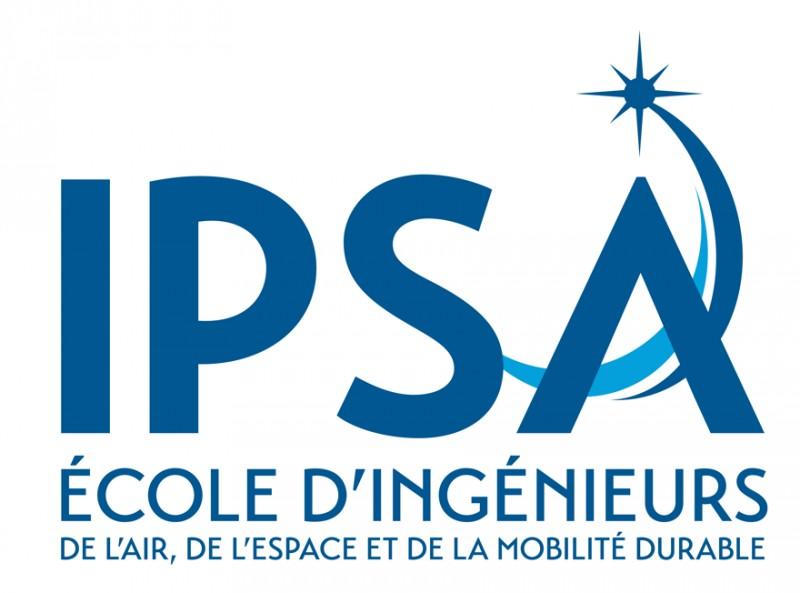
Enseignant-chercheur en Mécanique des fluides numérique
Open to all scientific expertisesAny -
JobPermanentRef. ABG129192Association Bernard Gregory (ABG)Paris (3ème) - Ile-de-France - France
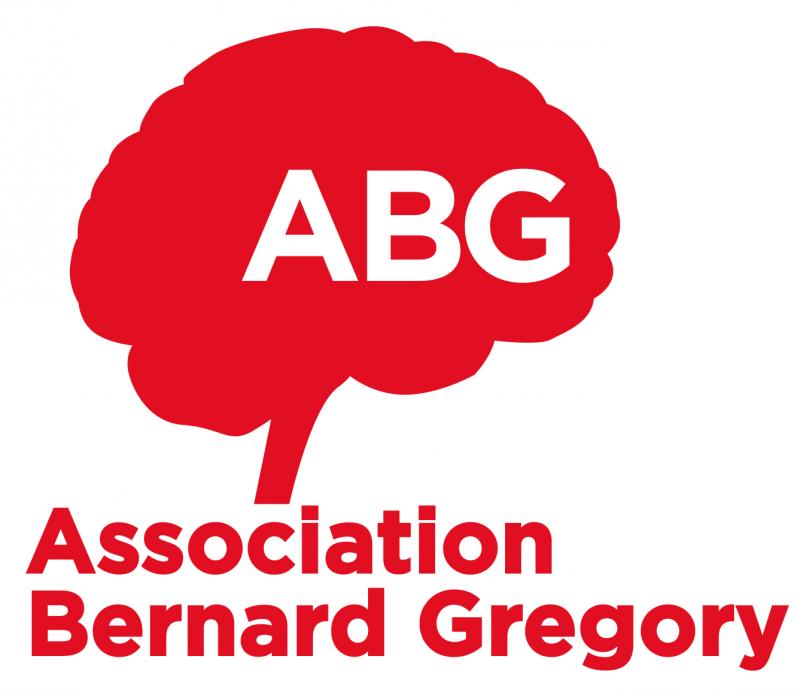
Business Developer (F/H)
Open to all scientific expertisesAny



